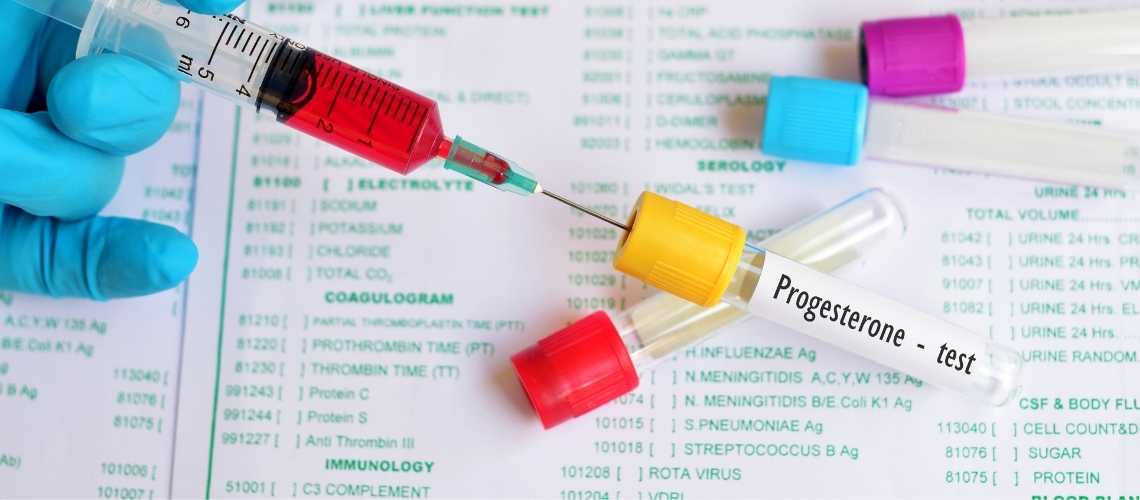Pregnant women who want to know if sex will cause a miscarriage may be concerned about this. It’s perfectly normal for them to wonder if having sex is causing them to miscarry. In this case, getting the right information is critical.
Once you discover your pregnancy, you become highly concerned about safeguarding the tiny developing life within you and are vigilant about anything related to your belly. It’s common to worry about whether having an orgasm during the initial three months of pregnancy could potentially result in a miscarriage.
Can orgasm cause miscarriage?
Fortunately, for most women, sexual activity and the frequency of orgasms are not restricted during any stage of pregnancy. Dr. Jeanne S. Sheffield, who serves as the Director of Maternal-Fetal Medicine at Johns Hopkins, confirms that there is no evidence supporting the idea that an orgasm can induce a miscarriage. Thus, there is no recommendation for women to abstain from having an orgasm during pregnancy. According to The Mayo Clinic, as long as your healthcare provider has approved, orgasms remain safe during pregnancy from the time the embryo implants in the uterus until labor begins. (1)
Why does miscarriage occur?
Knowing that a miscarriage cannot be induced by an orgasm in a healthy pregnancy could alleviate your worries. According to family physician Dr. Danielle DonDiego, the majority of miscarriages occur due to fetal development complications. OB/GYN Dr. Kim Langdon, MD, concurs and affirms that after ten weeks, the likelihood of miscarriage decreases. However, unless there are concerns regarding the pregnancy’s viability, there is no need to avoid sex or orgasm before that.
If you’re already concerned about experiencing an orgasm during pregnancy, noticing some spotting after sex can be extremely unsettling. Dr. Demosthens acknowledges that it is not uncommon for women to feel anxious and worried when they have spotting after sexual intercourse. Bleeding after sex may result from the vascularity of the cervix, which is composed of both muscle and tissue. Although bleeding in the first trimester of pregnancy is not unusual, as a study indicates that 20%-40% of pregnant women experience some sort of bleeding or spotting during that time, contacting your healthcare provider is advised if the bleeding is heavy. This is important both to ensure that your pregnancy is progressing normally and to put your mind at ease. (2)
Can sex harm pregnancy?
Several studies have shown that a significant proportion of pregnant women are concerned about the potential harm of sexual intercourse to their pregnancy. A Canadian study found that almost half of its participants worried about this, while a Malaysian study found that almost three-quarters of women avoided sex due to concerns about harm to the baby or pregnancy loss. Despite these concerns, there is a lack of research and uncertainty among practitioners about the management of threatened miscarriage, leading to inadequate counseling for women and their partners. This highlights the need for more research and better guidance for healthcare professionals on this issue. (3)
Historically, recommendations to avoid sex during pregnancy were not supported by evidence but rather based on assumptions made by male doctors about how female bodies should behave. These biases may still be present in current research efforts, which tend to focus on less controversial risk factors for pregnancy loss, such as biological conditions or lifestyle factors like smoking and caffeine consumption, rather than examining the potential impact of behaviors like sexual activity. (4)
When to Talk to Your Doctor
Engaging in sexual activities during the initial stages of pregnancy, especially following IVF, often raises concerns. One such concern is the potential risk of miscarriage triggered by orgasm in the first trimester. Therefore, understanding when to seek medical guidance becomes paramount.
- Pregnancy Complications: Individuals with a medical history of miscarriages or specific conditions such as placenta previa and a weakened cervix should exercise caution. In these cases, healthcare professionals may recommend avoiding sexual activities temporarily to prevent any complications.
- Experiencing Pain or Cramping: Encountering discomfort or cramping post-orgasm can be alarming. This discomfort may hint at underlying health concerns that necessitate a professional evaluation.
- Observing Bleeding: It is unusual to experience significant bleeding during or after intercourse. Such instances warrant immediate medical attention to rule out any severe issues.
- Status of Pregnancy Confirmation: Prior to engaging in sexual activity post-IVF, it is essential to confirm the viability of the pregnancy. Until then, it might be wise to consult with a healthcare provider to ensure the safety of both the mother and the fetus.
Adhering to these guidelines ensures that individuals navigate through their early pregnancy safely, especially after undergoing IVF. Consulting with a healthcare provider is crucial in mitigating any risks associated with sexual activity during this sensitive period.
Source:
4- Moscrop, A. (2012). Can sex during pregnancy cause a miscarriage? A concise history of not knowing. British Journal of General Practice, 62(597), e308-e310.








